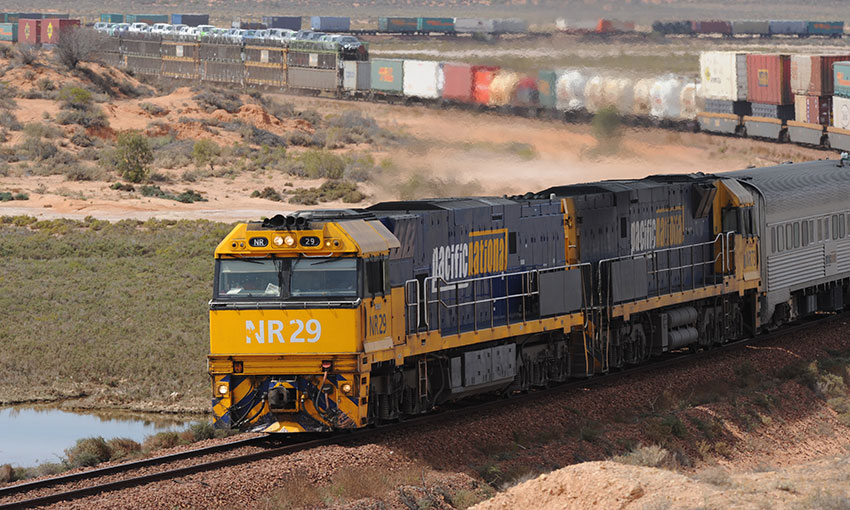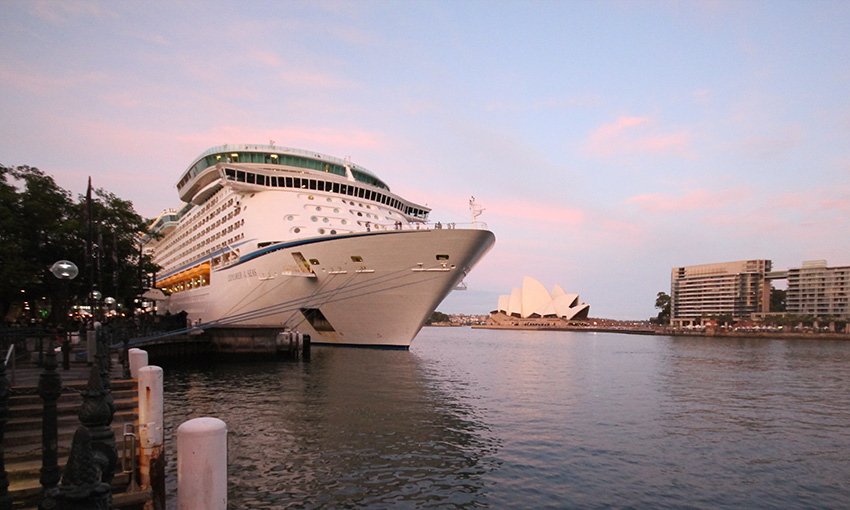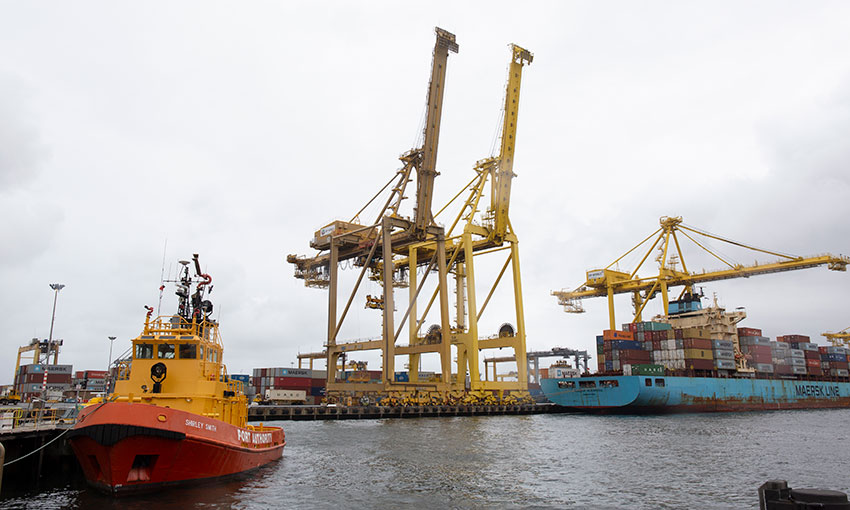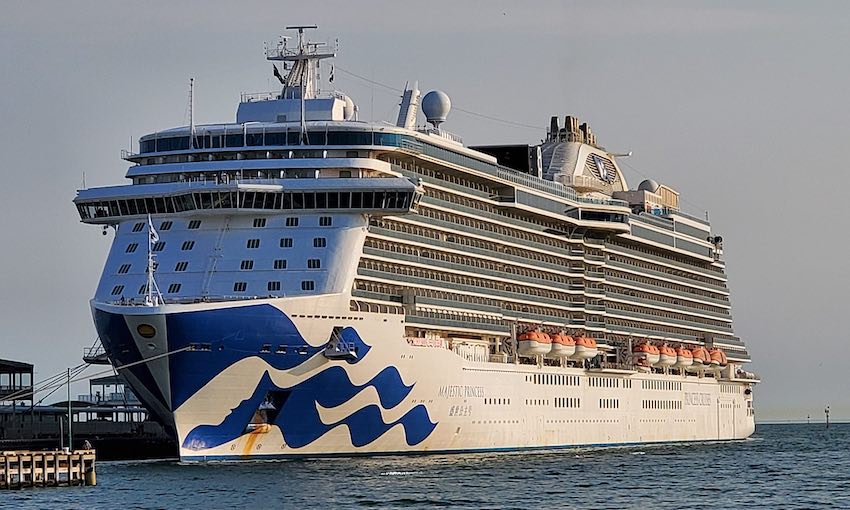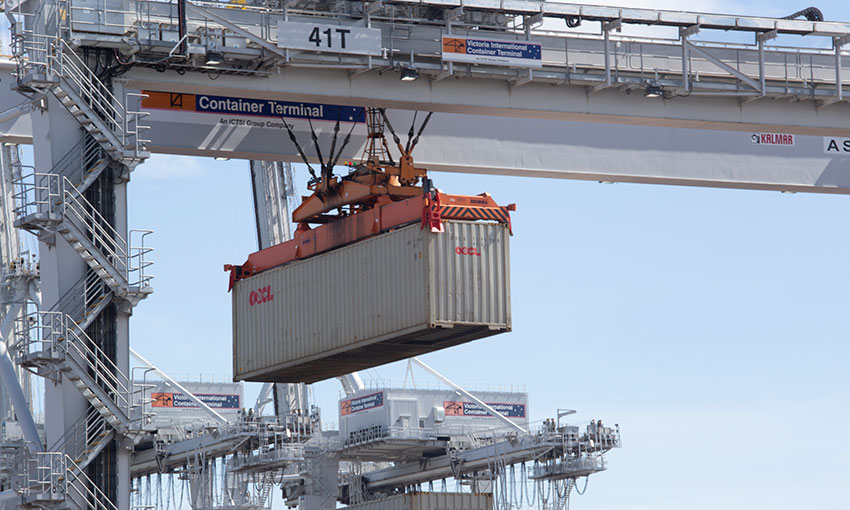PACIFIC National is calling on governments to simplify deployment and use of rapid antigen testing (RAT) to help screen essential rail freight workers for COVID-19.
Pacific National CEO Paul Scurrah said rapid antigen testing provides a simple, efficient method for frontline rail workers to screen for COVID at home before showing up to a shift at a freight terminal.
“RAT helps to minimise the risk of transmission in the workplace, thereby reducing the number of close and casual contacts within finely tuned rail freight supply lines,” he said.
Last month, Pacific National was forced to temporarily shut down its Sydney Freight Terminal at Chullora due to a positive COVID case and associated close and casual contacts having to isolate.
The event resulted in a shortage of available train crew and terminal operators, which in turn led to delayed and cancelled interstate rail freight services between Sydney, Melbourne, and Brisbane.
As one of the largest intermodal freight hubs on the eastern seaboard, more than 4500 cargo containers holding fresh and refrigerated food, beverages, white goods, electronics, furniture, household items, building supplies and machinery parts pass through the Sydney Freight Terminal each week.
Also, several container terminals at Port Botany and Port of Melbourne have shut down after employees have tested positive for COVID.
Mr Scurrah said combined with freight train crew undertaking PCR tests every seven days, RAT is an extra tool in the arsenal to help contain COVID and reduce disruptions in the national supply chain.
“Essential freight workers need to be able to conduct a RAT at home before entering a worksite, and like the PCR, the test should be covered under the Commonwealth’s Medicare Benefits Scheme,” he said.
Across the mainland, Pacific National has more than 2300 frontline rail freight workers, including train crews, terminals operators (loading, unloading and stunting freight trains) and maintenance staff.
Mr Scurrah said to help maintain safe and efficient rail freight operations on the mainland, federal and state governments need to dig deeper into the many moving parts of Australia’s national supply chain.
“It’s called a national supply chain for a very good reason; it’s only as strong as each link in the chain – a COVID outbreak at a key freight terminal could cripple rail services nationwide,” he said.
Mr Scurrah said if the highly infectious Delta variant leaks into Pacific National’s extensive national network, then the haulage of millions of tonnes each week of goods and commodities to and from supermarket distribution centres, mines, ports and grain silos will be severely disrupted.
“With positive COVID cases likely to become more common as states ease lockdowns in an increasingly vaccinated community, our economy can ill afford the national rail supply chain suffering frequent service disruptions and delays,” he said.
Mr Scurrah said when governments formulate future health orders, it’s important they understand the scarce availability of highly trained freight train crews. Freight train drivers don’t grow on trees.
“Along some key rail freight routes, it only takes a dozen train drivers to be taken out of action – due to being deemed close contacts for example – for services to be severely disrupted or shut down,” he said.
Pacific National recently commenced RAT trials for rail freight workers coming onto shift at the Sydney Freight Terminal and Enfield Yard. Teams based at the company’s North Sydney office involved in planning daily rail freight services and crew rostering are also part of the trial.
Additionally, Pacific National has partnered with Australian company Atomo Diagnostics, a global leader in the development of point of care devices for rapid diagnostic testing, to trial RAT at its operations at Clyde Yard.
Both programs conform with the New South Wales Health Framework for provision of Rapid Antigen Screening.
Pacific National has also introduced an incentive payment of $180 for frontline rail workers who are fully immunised.

